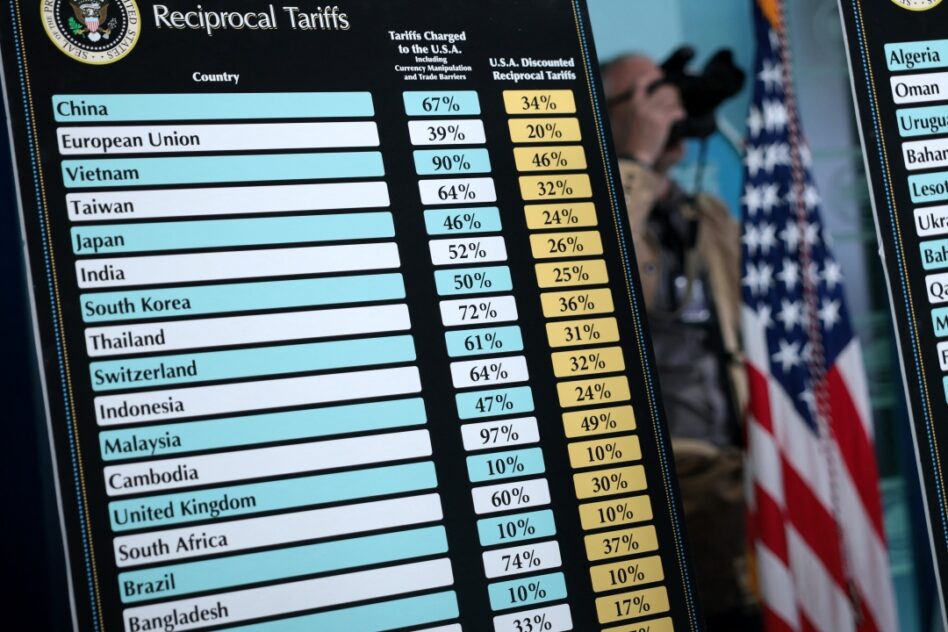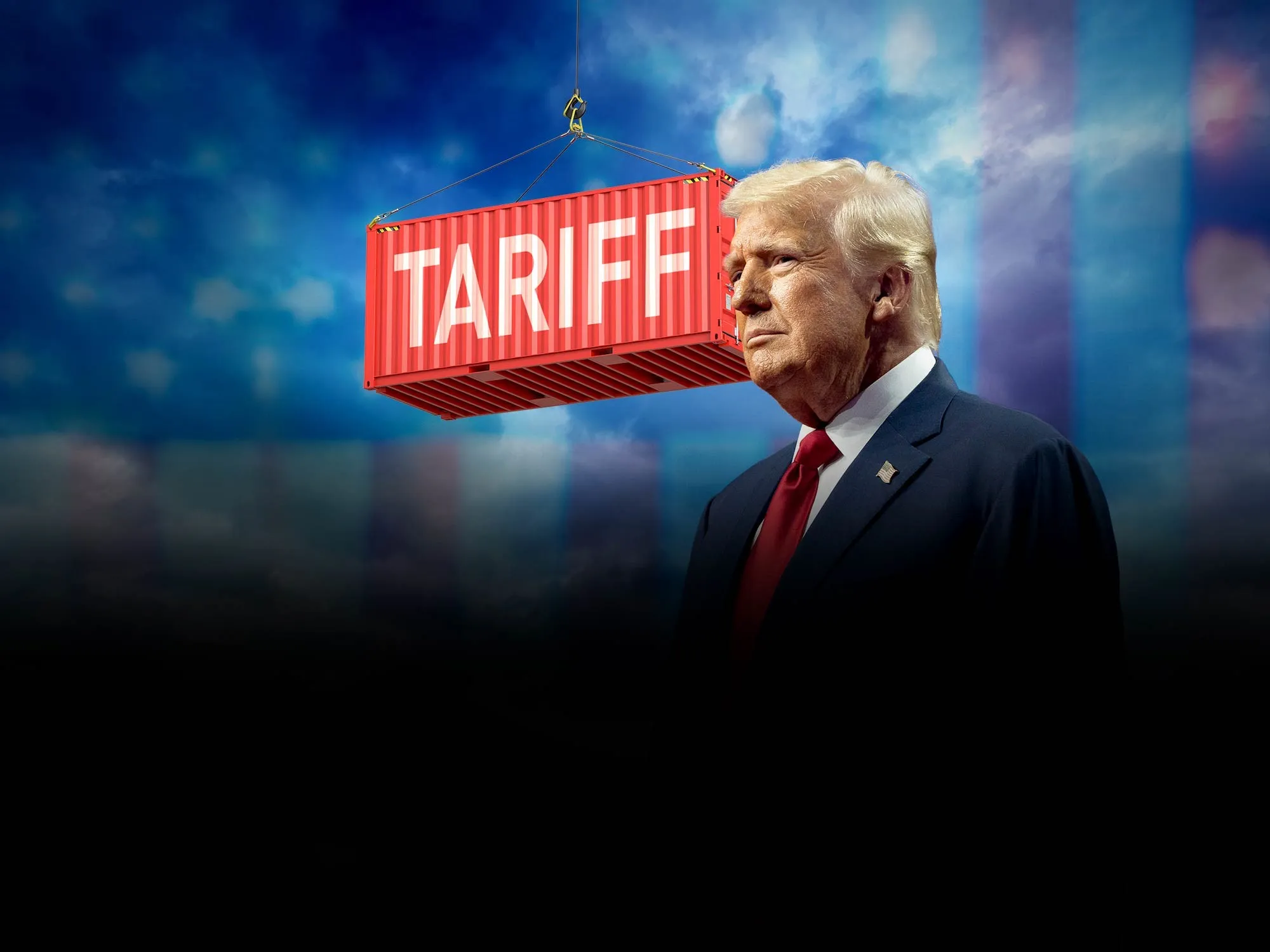AS the United States, under President Donald Trump’s renewed “America First” doctrine, intensifies its protectionist trade agenda with sweeping tariffs, including a 24% reciprocal tariff on Malaysian exports, the world is watching closely.
Major economies like the European Union (EU), China, and Canada are preparing to retaliate. However, while retaliatory measures may seem like a natural and immediate response, their economic wisdom warrants deeper examination.
Can these actions achieve their intended outcomes, or do they risk inflicting more damage than relief?
There’s no doubt that retaliatory tariffs serve political purposes. They are bold, attention-grabbing moves that signal strength and national resolve. However, from an economic perspective, the benefits are far from guaranteed.
Historical precedents suggest caution. During the 2018–2020 US-China trade conflict, a series of escalating tariffs led to economic strain on both sides.
American farmers lost vital Chinese markets, while Chinese manufacturers struggled with restricted access to US technology and goods. In the end, neither country emerged stronger. Both endured prolonged uncertainty and financial losses.
In the current context, the EU is considering counter-tariffs on US steel, electronics, and automobiles.
While these measures are intended to protect European industries and assert geopolitical strength, they could backfire. Higher input costs would harm European producers and exporters, weakening their competitive edge globally.
China is similarly planning retaliatory steps, especially in the agricultural sector, an area where US exports heavily rely on Chinese demand.
While this could squeeze American farmers and send a political message, it could also raise domestic food costs in China and increase reliance on alternative suppliers, complicating its own food security strategies.
Canada faces perhaps the most delicate situation. With a deeply interconnected economy, particularly in the automotive, energy, and food sectors, retaliating against US tariffs risks disrupting its own supply chains.
While taking a firm stand may satisfy internal political constituencies, it could also jeopardise longstanding economic synergies with its largest trading partner.

A key consideration is whether retaliatory measures are likely to compel the US to reverse or moderate its tariff actions.
Evidence suggests otherwise. The Trump administration has historically accepted retaliatory costs as validation of its tough trade posture. Foreign countermeasures are often presented domestically as proof that the US is finally confronting global exploitation.
Are countries retaliating to resolve trade conflicts or merely to express frustration? Without a parallel diplomatic effort or a clear endgame, tit-for-tat tactics risk becoming self-perpetuating.
Instead of engaging in economic warfare, nations may find greater leverage through strategic, coordinated, and long-term actions.
Multilateral diplomacy, especially through institutions like the World Trade Organisation (WTO), offers one such avenue. The EU, with its institutional strength and alliances, is well-positioned to lead coalitions that hold the US accountable under global trade norms.
In parallel, countries can provide targeted support to vulnerable domestic industries. Offering subsidies, tax incentives, or innovation grants could help soften the blow of tariffs and enhance industrial competitiveness.
For instance, instead of retaliating against the US, China could accelerate its “Made in China 2025” initiative, thereby reducing dependency on foreign technologies and boosting self-reliance through high-tech investments.
Canada, on the other hand, could redirect its economic strategy by deepening trade ties with Asia-Pacific partners through the Comprehensive and Progressive Agreement for Trans-Pacific Partnership (CPTPP).
This would not only reduce reliance on the US market but also provide access to emerging economies with growing consumer bases.
While the impulse to retaliate is understandable, particularly in defence of national industries, countries must weigh the symbolic and political value against potential economic fallout.
Excessive or poorly planned retaliation can turn temporary trade disputes into long-lasting standoffs, harming growth, investment, and the stability of global supply chains.
A more effective approach may involve a calculated blend of diplomacy, coalition-building, and targeted economic reforms.
This strategy would allow nations to assert their interests while avoiding the trap of economic self-harm. It is not about passivity; rather, it is about precision and pragmatism. – April 10, 2025
Dr Nivakan Sritharan is a lecturer from Swinburne University of Technology Sarawak Campus’ Faculty of Business, Design and Arts.
The views expressed are solely of the author and do not necessarily reflect those of Focus Malaysia.
Main image: Getty Images









